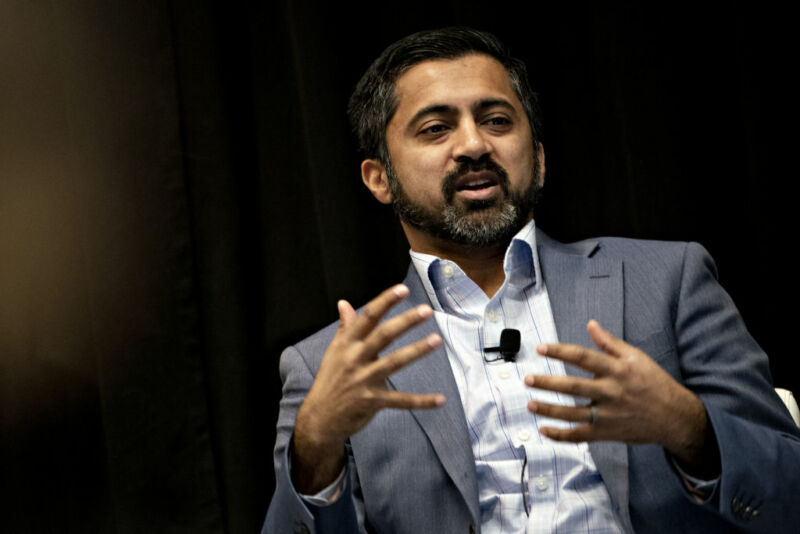
On Monday morning, the White House named Chirag Parikh as executive secretary of the National Space Council. This is a key position within the space policy firmament of Washington, DC, as Parikh will have responsibility for suggesting and implementing executive space policy across the domains of military, civil, and commercial space.
With the announcement, the White House also said that Vice President Kamala Harris, who will serve as chair of the National Space Council, will host the first meeting of the council this "fall."
In background information provided about the announcement, the White House cited several top priorities for the space council, including climate change and advancing "peaceful" exploration programs with allies and partners. However, the first objective listed was, "Support sustainable development of commercial space activity."
This signals that the Biden White House is likely to continue the pro-commercial trend furthered by the previous space council, which was led by Vice President Mike Pence and featured Scott Pace serving as executive secretary. Under their leadership, the Trump administration sought to bolster the US commercial space industry, seeing it as an important advantage over China and its increasing focus on space activities.
For example, the US military has leaned into reusable launch, pioneered by SpaceX. The Space Force took a key step toward this goal by launching one of its most valuable missions, a new Global Positioning Satellite, on a previously flown Falcon 9 rocket in June.
And NASA, under the leadership of Jim Bridenstine, accelerated the trend toward NASA using "fixed price" contracts to buy services from aerospace companies rather than cumbersome and costly traditional contracting methods. Bridenstine frequently said NASA should be "one of many" customers for large aerospace companies, not the sole customer.
In choosing Parikh to steer the space council, the White House has opted for someone with more than 20 years of policy experience. During the Obama-Biden administration from 2010 to 2016, Parikh served as the White House director of space policy on the National Security Council. In this position, he led the formulation and execution of national space policies and strategies; advised the president and National Security adviser on civil, commercial, and national security space matters; and led efforts to reform how the US responds to in-space threats. He also previously led the United States space intelligence community as the deputy national intelligence officer for science and technology, and he most recently served as Microsoft Azure Space lead at Microsoft.
In recent months, the White House considered appointing someone with a purely political background—such as former Oklahoma Congresswoman Kendra Horn—to the post. But in selecting someone with a deeper policy background, as the Trump administration did with Pace, the White House appears to want the space council to be more than political theater.
reader comments
87